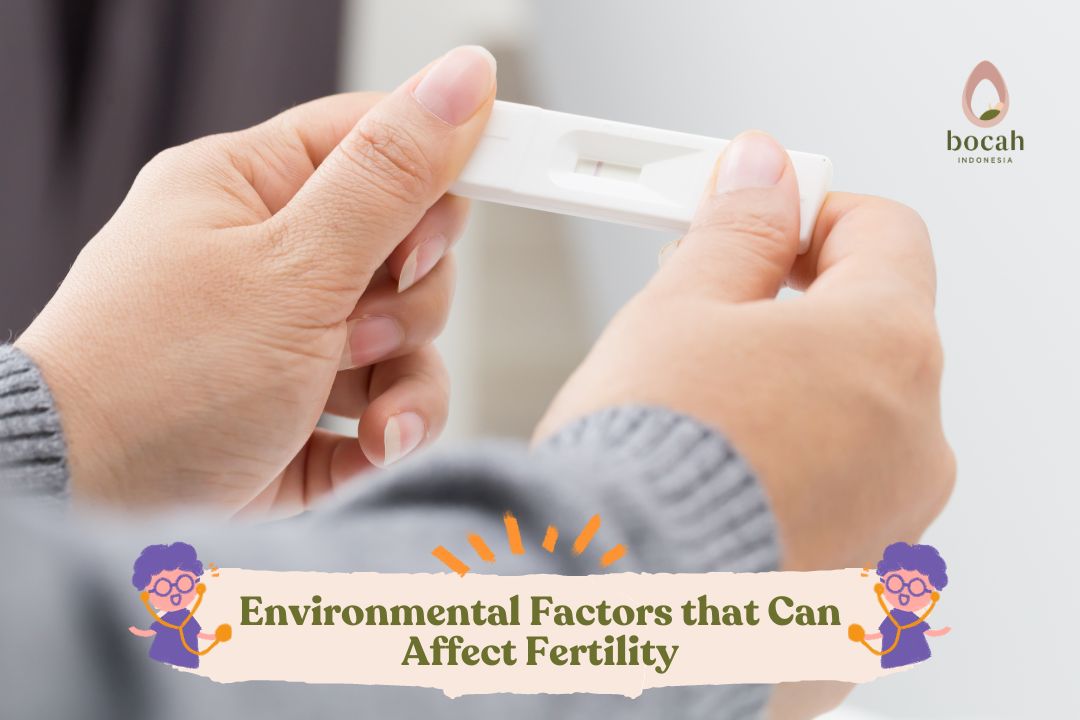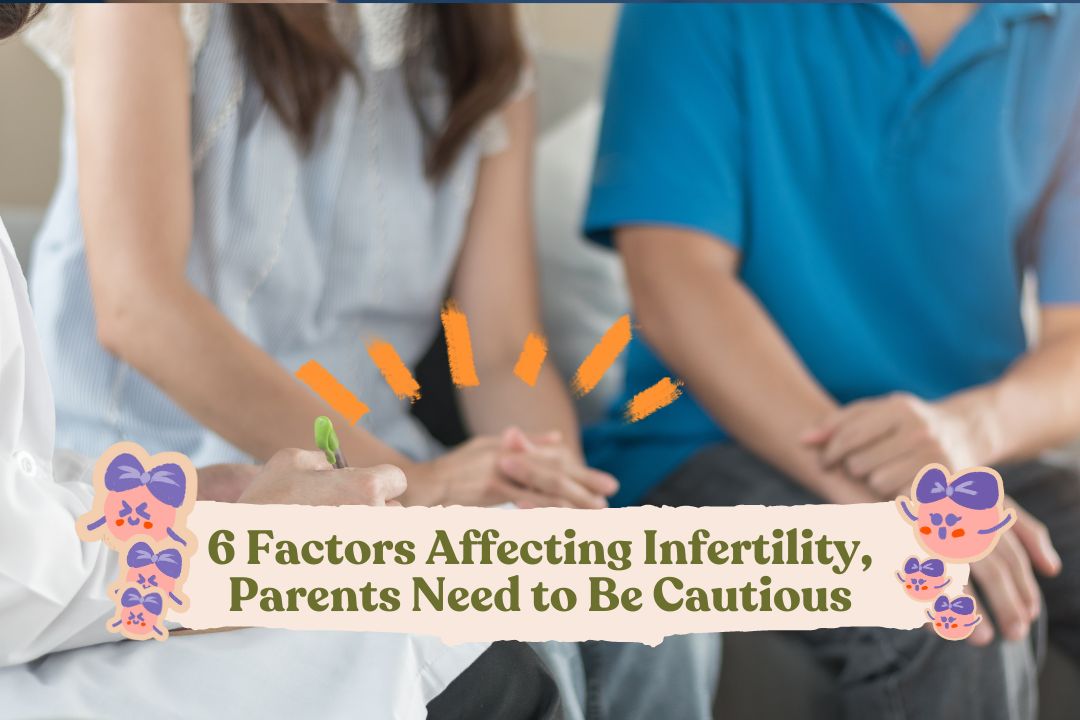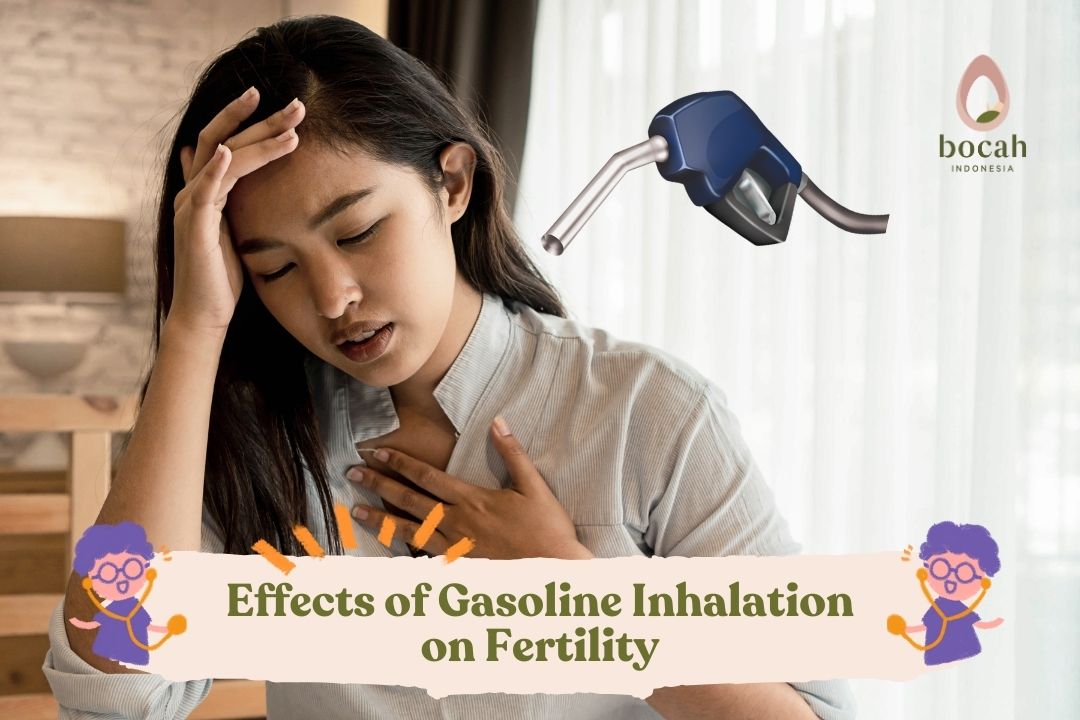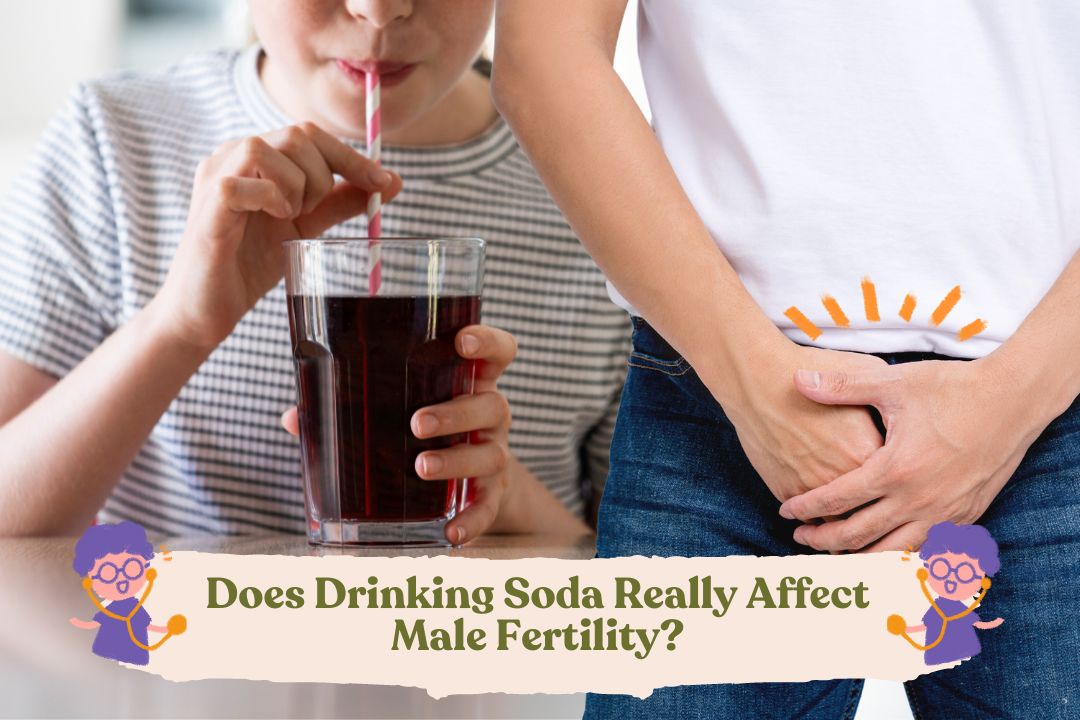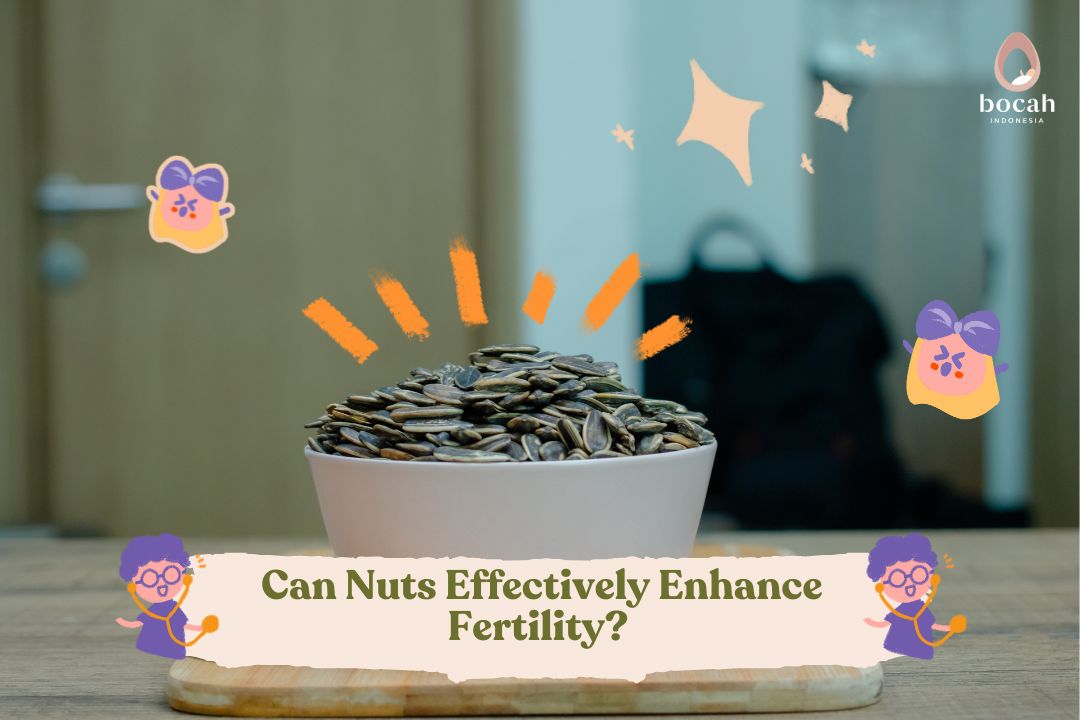Can Environmental Factors Affect Fertility?
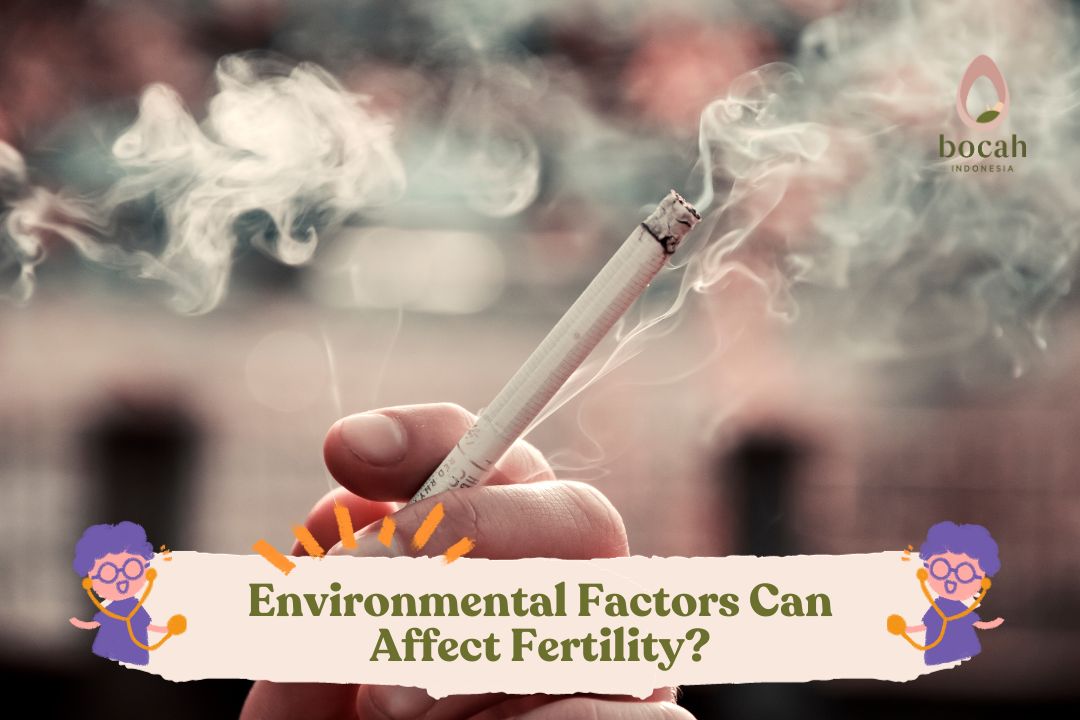
Environmental factors with exposure to hazardous chemicals can affect male fertility.
There are many factors that can influence fertility in both fathers and mothers. One of the crucial factors in male fertility is the quality of sperm. Good sperm quality is determined by factors such as the quantity, shape (morphology), and motility or the ability to move of the sperm itself.
Well, several things can affect the quality of a man’s sperm, including lifestyle, occupation, and the environment.
Can Environmental Factors Affect Fertility?
The fertility of men can be affected by exposure to toxins, heat, or chemicals such as pesticides, herbicides, and paint that can lead to a decrease in sperm quality.
According to Dr. Gito Wasian, Sp.And, an andrology specialist at Bocah Indonesia, chemicals and heavy metals can disrupt health.
Tanya Mincah tentang Promil?
Furthermore, being in a hot environment for a long time or frequently can also affect fertility conditions. The reason is that high temperatures can disrupt sperm production and function. Usually, this condition occurs when fathers frequently use saunas or immerse themselves in hot water for an extended period.
Working in an environment that causes a hot scrotum can also affect fertility. This is because an increased scrotal temperature can influence sperm production.
Other habits can also reduce a father’s fertility, one of them being smoking. Harmful substances such as nicotine, nanoparticles, and other substances can interfere with the planned conception.
An environment with poor air quality is believed to affect sperm conditions. Air pollution that contains various pollutants, such as mercury, lead, and cadmium, can enter the bloodstream and accumulate in other body fluids, like urine and semen.
These pollutants can also affect the pathway responsible for sperm formation, known as the hypothalamic-pituitary-gonadal axis.
According to a study published in the Iranian Red Crescent Medical Journal, air pollution can cause DNA damage to sperm. If this condition occurs, the produced sperm will have an abnormal shape or morphological disorders. This will certainly affect fertility, especially for couples planning a pregnancy program.
Because sperm with morphological disorders can cause slow sperm movement, making it difficult to fertilize an egg.
Can Couples Still Get Pregnant?
If couples want to achieve a pregnancy, both of their fertility factors are important for successful fertilization. The chances of couples getting pregnant are still there. This is possible if both partners adopt a healthier lifestyle by consuming balanced nutrition, regular exercise, and avoiding exposure to heat, toxins, and other hazardous chemicals.
There are several ways to maintain good sperm quality, including:
-
Maintaining an ideal body weight. This is important because being overweight can lead to sperm problems. Therefore, it’s important for fathers to maintain an ideal body weight.
-
Consuming plenty of nutrients. Consuming an ample supply of essential nutrients can help combat air pollution. Eat more fruits and vegetables, especially those rich in vitamin C and E, as they contain antioxidants that help the body fight free radicals caused by pollution.
-
Avoiding smoking. Harmful substances in cigarettes can affect fertility in both fathers and mothers. If you are planning conception, it’s best to avoid smoking and exposure to secondhand smoke.
Don’t forget to have your fertility condition checked if you’ve been married for a year and have regular sexual intercourse without contraception but haven’t become pregnant. This is important to determine the optimal condition of each partner’s fertility and the planned pregnancy program.
Source:
- Najafi, T.F., et al. (2015). Air Pollution and Quality of Sperm: A Meta-Analysis. Iran Red Crescent Med J. 2015 Apr; 17(4): e26930. https://www.ncbi.nlm.nih.gov/pmc/articles/PMC4443398/
- Conforti, A., et al. (2018). Air pollution and female fertility: a systematic review of literature. Reprod Biol Endocrinol. 2018 Dec 30;16(1):117. https://pubmed.ncbi.nlm.nih.gov/30594197/
- Li, Q., et al. (2021). Association between exposure to airborne particulate matter less than 2.5 μm and human fecundity in China. Environment International, Volume 146, January 2021, 106231. https://www.sciencedirect.com/science/article/pii/S0160412020321863


